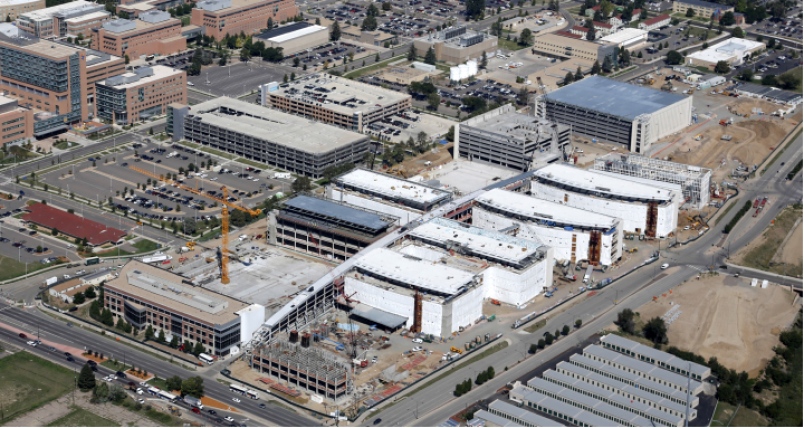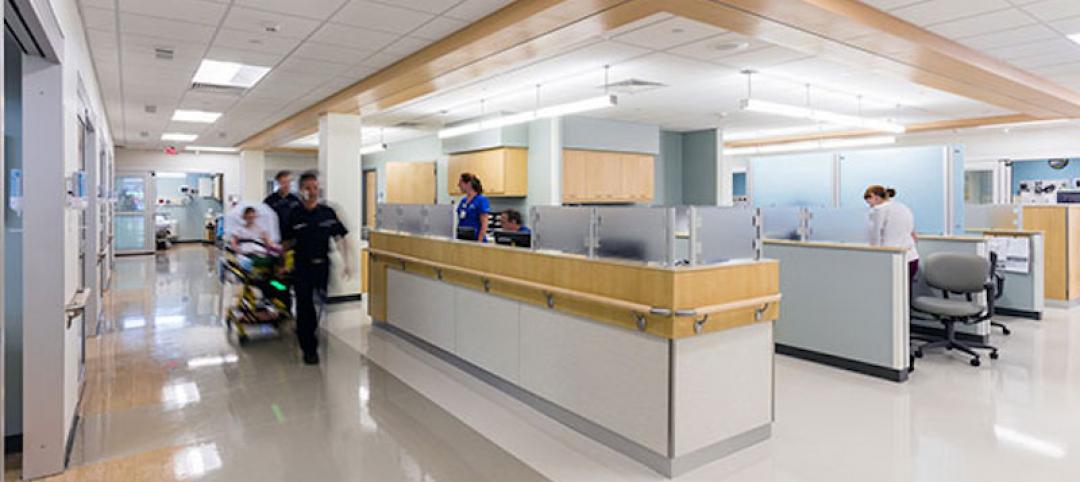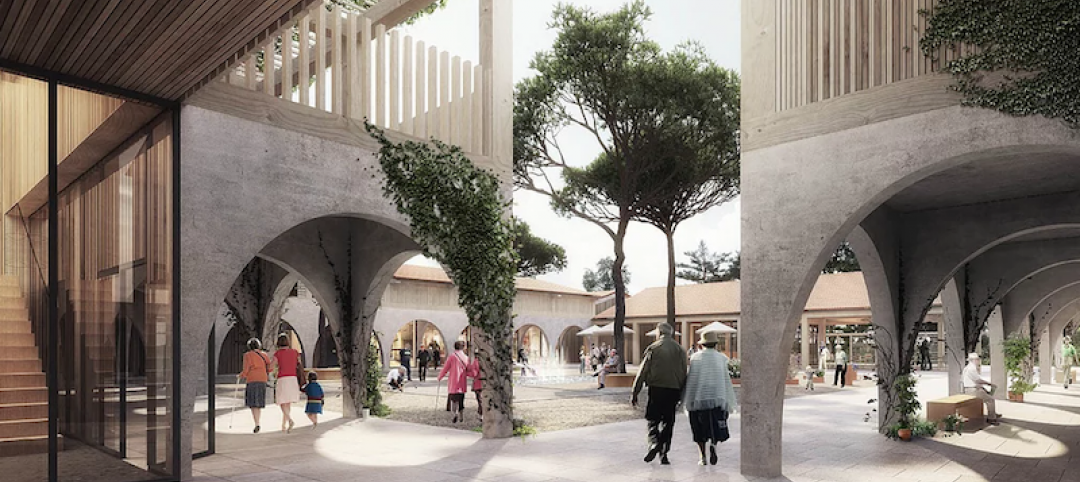Last December, the Civilian Board of Contract Appeals, a tribunal within the General Services Administration, found that the Department of Veterans Affairs (VA) was in material breach of a contract with Kiewit-Turner—a joint venture between Kiewit Building Group and Turner Construction—on the massive Denver VA Medical Center project in Aurora, Colo.
That project was already years behind schedule and hundreds of millions of dollars over budget. Upon that ruling, Kiewit-Turner—which has been on this project since 2010, when it broke ground—stopped work on that project, which at the time was somewhere between 40% and 60% complete, according to the Denver Business Journal. Work resumed just before Christmas only after VA and Kiewit-Turner signed a $234 million bridge-loan agreement.
The Board stated in its decision that the VA had repeatedly failed to provide a design for the hospital that could be built for the original agreed-upon price of $604 million. The VA, according to the Board, also disregarded cost-cutting suggestions and warnings that the project’s ambitions would greatly exceed its budget.
In fact, in the spring of 2013, The Government Accountability Office (GAO) had issued a report that found the Aurora project and three other VA projects were all drastically over budget and behind schedule.
The 182-bed medical center was supposed to be completed early this year. Kiewit-Turner, in June 2013, estimated that the construction cost would actually be $1.085 billion. (At that time, Glenn Haggstrom, who managed VA’s construction projects, continued to insist the hospital could be brought in for its original budget.)
The VA’s Deputy Secretary Sloan Gibson admitted in July that his agency could not produce a line-by-line accounting that would explain the overspending.
In March, Colorado’s congressional delegation requested that the Senate Veterans Affairs committee conduct a field visit to the medical center, which was planned to serve 82,700 vets. The fear was that work would stop again without Congressional approval for the appropriation of additional funds.
Now, the project’s completion date has been pushed back to Jan. 23, 2018, and the total cost is now expected to reach at least $1.67 billion. The U.S. Army Corps of Engineers late last month awarded the construction team a $571 million contract to finish the job.
Congress had authorized up to $625 million in additional spending for this project in September, but not without strings attached, according to news reports. That approval stripped the VA of its authority on any future construction project over $100 million, which essentially would prevent the department from getting involved in hospital construction again.
The Army Corps of Engineers will henceforth serve as the VA”s construction agent on several products worth about $3.6 billion.
"We must make sure that this never happens again and fortunately, a key reform was passed along with funding. The VA is out of the hospital building business," stated U.S. Rep. Mike Coffman (R-Aurora). Coffman told Stars and Stripes that he was disappointed that the VA might not release the results of one of its internal investigations into what went wrong until next year.
Related Stories
Healthcare Facilities | Jul 10, 2018
HGA designs acute care hospital for MetroHealth in Cleveland
The facility’s master plan creates a ‘hospital in a park.’
BIM and Information Technology | Jul 9, 2018
Healthcare and the reality of artificial intelligence
Regardless of improved accuracy gains, caregivers may struggle with the idea of a computer logic qualifying decisions that have for decades relied heavily on instinct and medical intuition.
Healthcare Facilities | Jun 28, 2018
New Stanford Healthcare outpatient building opens in Redwood City
The facility recently celebrated its grand opening with a ribbon-cutting ceremony.
Healthcare Facilities | Jun 26, 2018
The future of the ambulatory surgery centers and acuity levels
Offering the one-two punch of cost savings and convenience, ASCs are increasingly becoming the venue of choice for both physicians and patients.
Healthcare Facilities | Jun 26, 2018
Mesquite, Texas to receive 60-acre ‘wellness village’
Construction is anticipated to begin on the initial phase in mid-2019.
University Buildings | Jun 25, 2018
Virginia Commonwealth has at least three major expansion projects under construction
New buildings for outpatient care, engineering, and rehabilitation of serious injuries and debilities are scheduled to be completed in 2020.
Healthcare Facilities | Jun 6, 2018
French 'Alzheimer’s Village' designed to resemble a medieval bastide
The new facility will provide research on a new way of treating Alzheimer’s patients.
Healthcare Facilities | May 29, 2018
Will telemedicine change the face of healthcare architecture?
Telemedicine is a broad term that covers many aspects and mediums of care, but primarily it refers to the use of video monitors to allow a virtual face to face consultation to take place.
| May 24, 2018
Accelerate Live! talk: Security and the built environment: Insights from an embassy designer
In this 15-minute talk at BD+C’s Accelerate Live! conference (May 10, 2018, Chicago), embassy designer Tom Jacobs explores ways that provide the needed protection while keeping intact the representational and inspirational qualities of a design.
Healthcare Facilities | May 24, 2018
The design of the new Omaha VA Ambulatory Care Center incorporates veteran symbolism throughout the building
Leo A Daly designed the facility.















